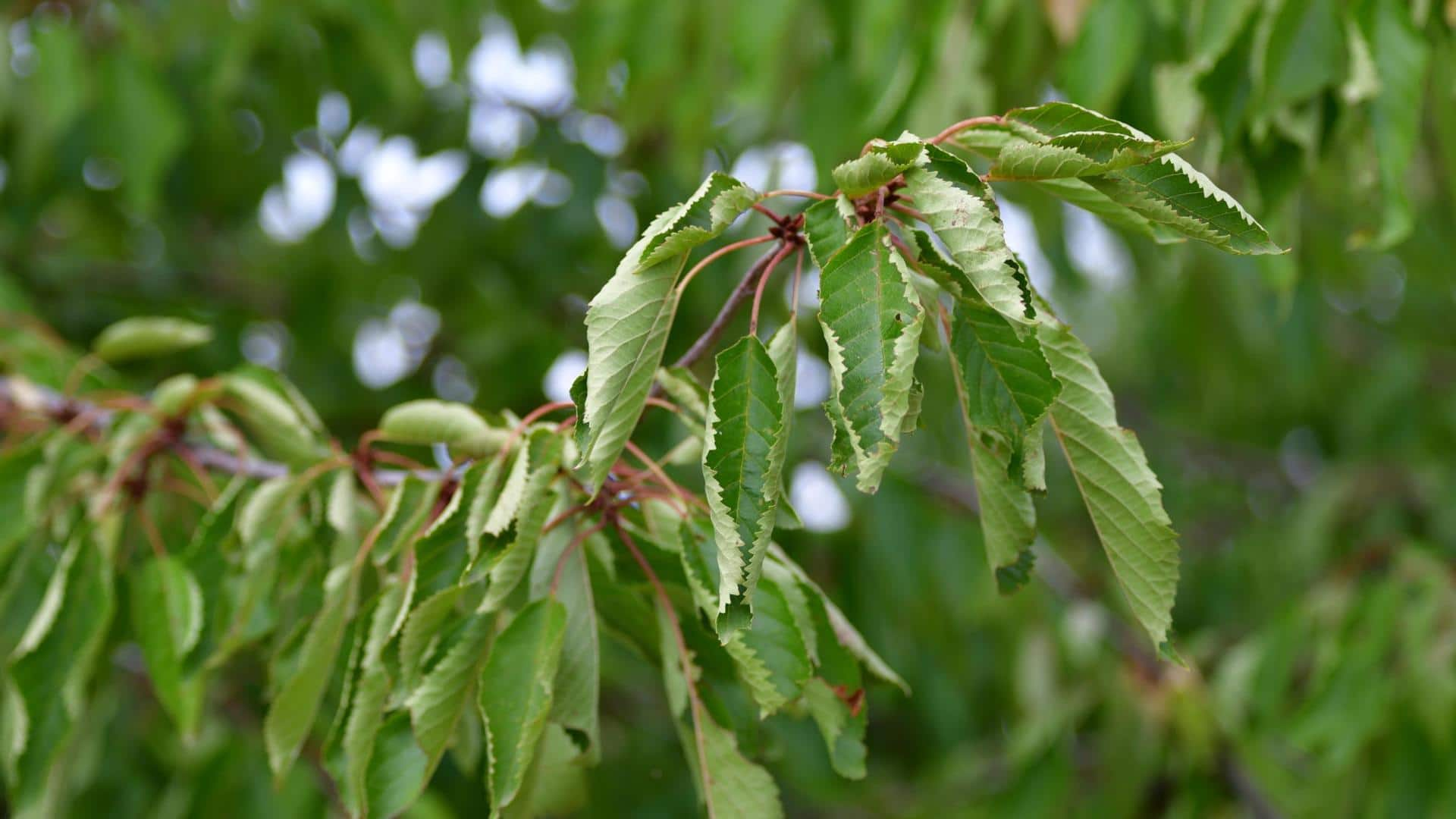
Common causes of curling leaves in your plants
What's the story
We all love the sight of plants flourishing with their lush green leaves in various shades and unique forms. But when you see your plants' leaves curling up, it's a sign that something isn't right. To get them back on track, you need to figure out what is causing the problem. Here are five possible reasons why your plants' leaves are curling up.
Insecticides
Pests
Pests like aphids and whiteflies can wreak havoc on your plants by causing leaves to distort and curl. Both of them are usually found on the undersides or tips of leaves. While aphids can be spotted easily, whiteflies can be hard to spot because of their translucency. Opt for insecticide sprays or try these five natural ways to get rid of pests.
Drainage
Overwatering
Overwatering your plants can be a recipe for disaster. This can result in root rot and eventually cause your greeneries to curl up. Adopt a less-is-more approach when watering. Let the top layer of soil thoroughly dry before watering again. When potting, opt for containers with drainage holes and add a layer of gravel or stones at the base to ensure better drainage.
Relocate
Too much heat
Plants appreciate a dose of warmth, but too much heat can be detrimental. When temperatures skyrocket, leaves curl up in a desperate attempt to conserve water lost through rapid evaporation. Even regular watering may not suffice if the plant loses water faster than it can absorb. Rather than increasing watering, consider relocating the plant to a cooler area.
Amino-acid supplements
Nitrogen deficiency
Nitrogen is a key ingredient in chlorophyll, the compound that allows plants to transform sunlight into food. When your plant's leaves look unhealthy, it might indicate a nitrogen shortage. To save your dying houseplants, consider providing amino-acid supplements to your plant regularly. Amino acids help plants produce proteins, which enhances their ability to absorb and utilize nitrogen effectively.
Eliminate
Viral infection
When you notice your plant's leaves curling upwards, it could be a sign of a viral infection, and unfortunately, there's no cure for it. To prevent the infection from spreading, it's crucial to remove the affected plants. Avoid adding them to your compost. After removal, thoroughly inspect nearby plants for any signs of infection and promptly remove any showing symptoms.